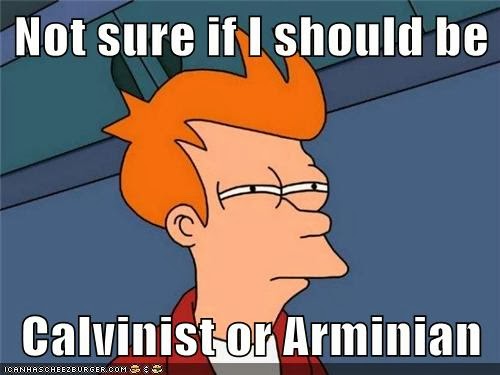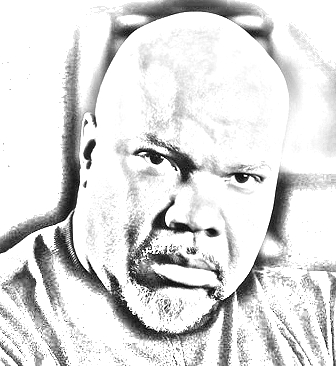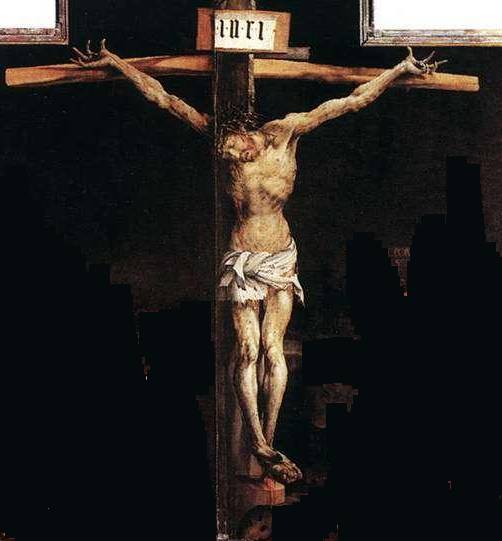Jerry Walls: What is wrong with Calvinism?
Devastating. I have long noted that Augustinian/Calvinist theology is unpopular among Christian philosophers, though many, like me, go through a Calvinist phase (when I was a sophomore and junior in college), before seeing its problems to be hopeless. Walls concisely and fairly sums up what Calvinism is all about, and then shows it to be profoundly problematic, focusing on philosophical problem rather than biblical ones.… Read More »Jerry Walls: What is wrong with Calvinism?










 The news came by state radio, state newspaper, and state television. Great Leader Kim Il-Sung had make a startling announcement.
The news came by state radio, state newspaper, and state television. Great Leader Kim Il-Sung had make a startling announcement.


 Sean Finnegan is an intelligent and well spoken “Biblical Unitarian” Christian. He recently earned an M.A. in Church History from Boston University. He runs the
Sean Finnegan is an intelligent and well spoken “Biblical Unitarian” Christian. He recently earned an M.A. in Church History from Boston University. He runs the 





